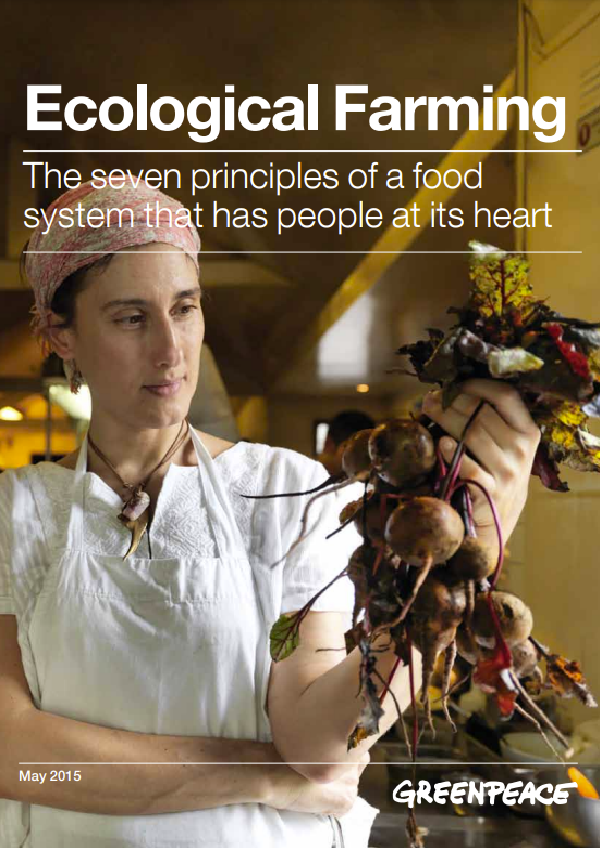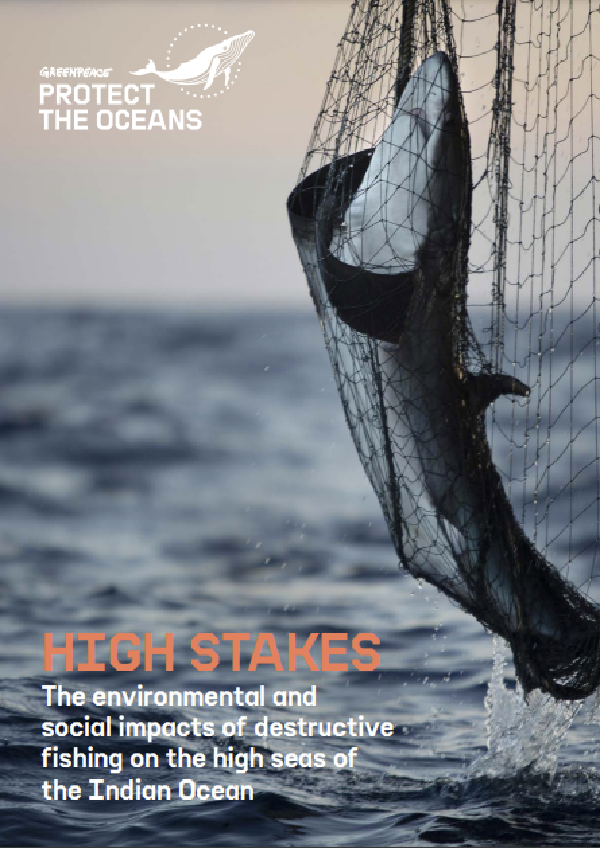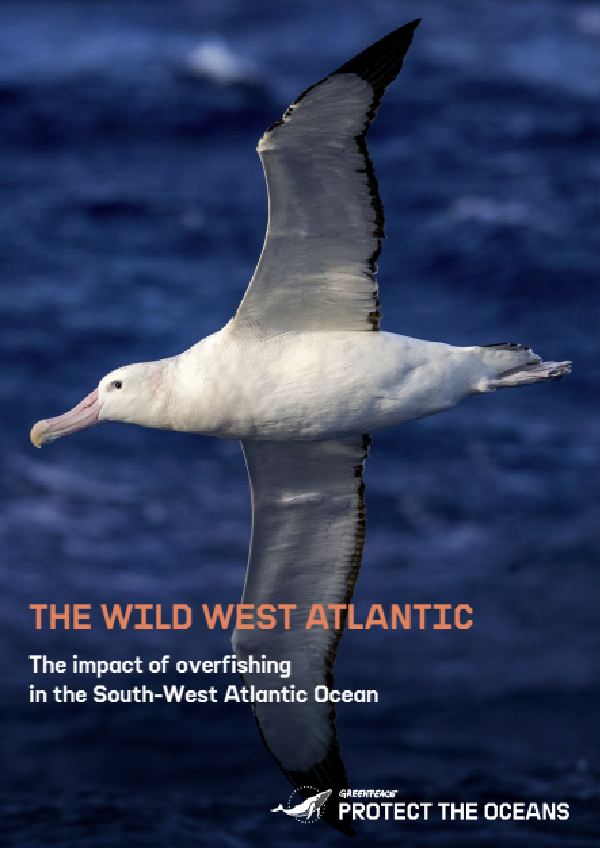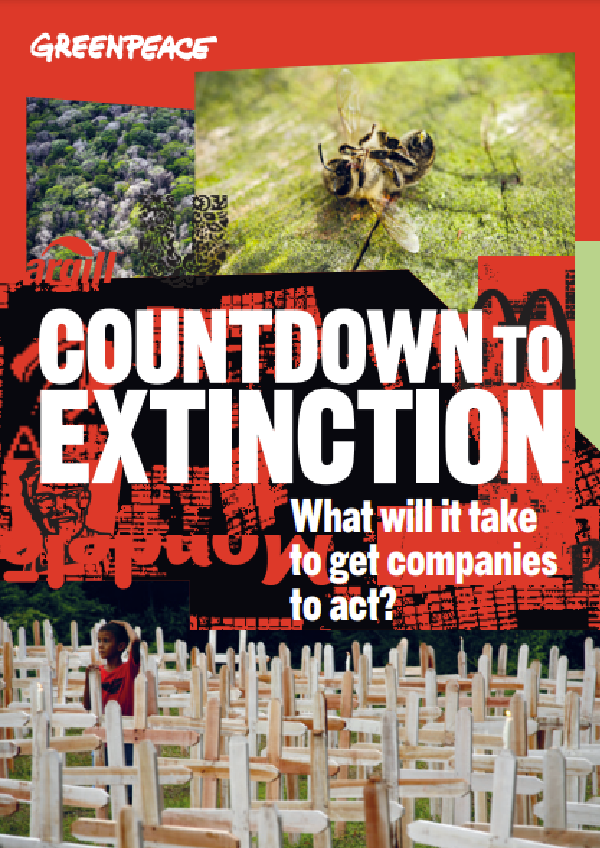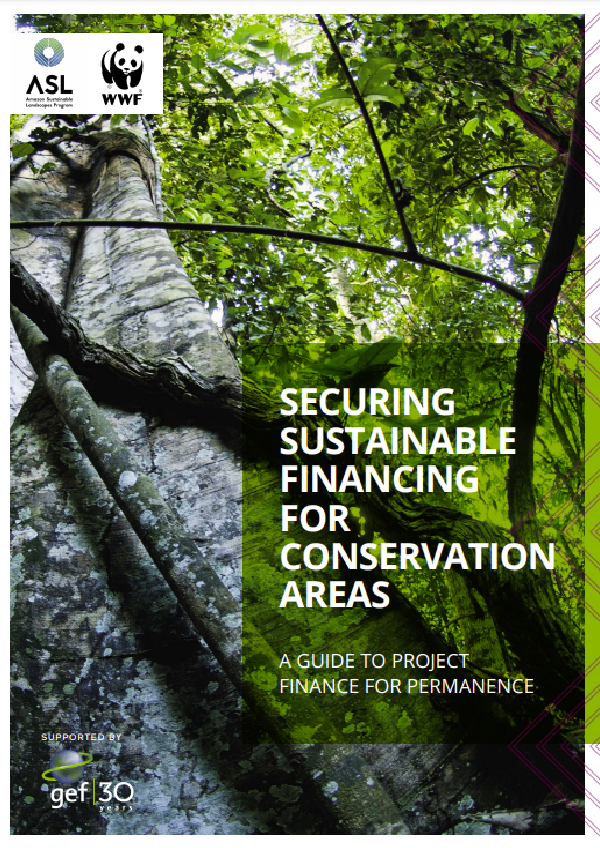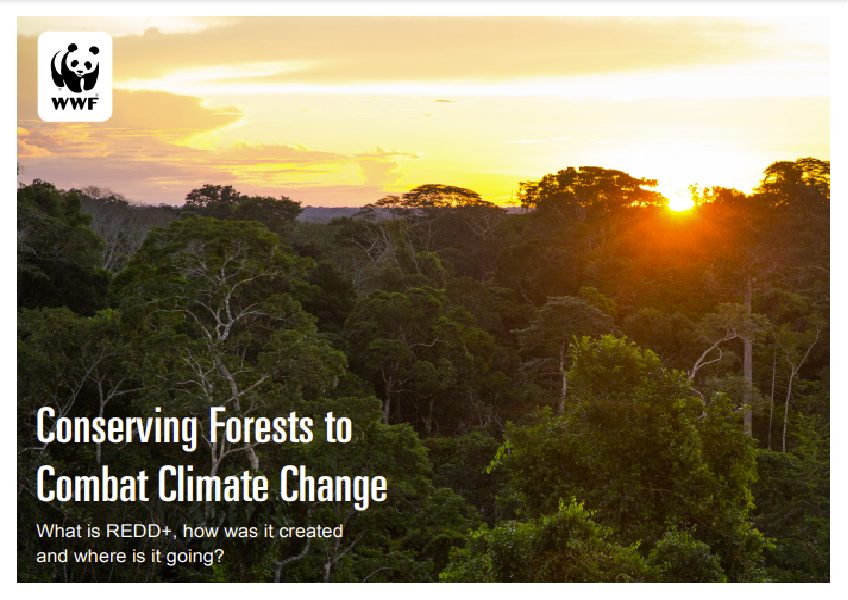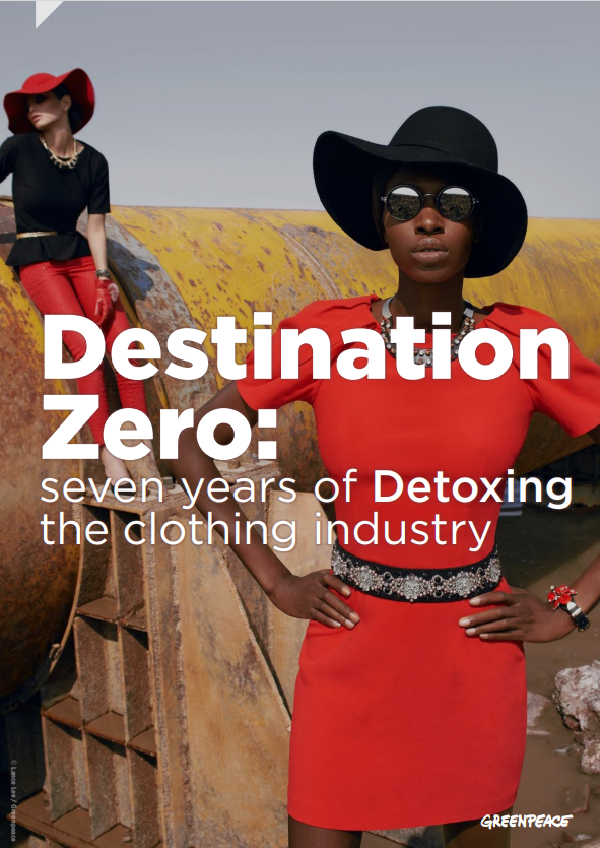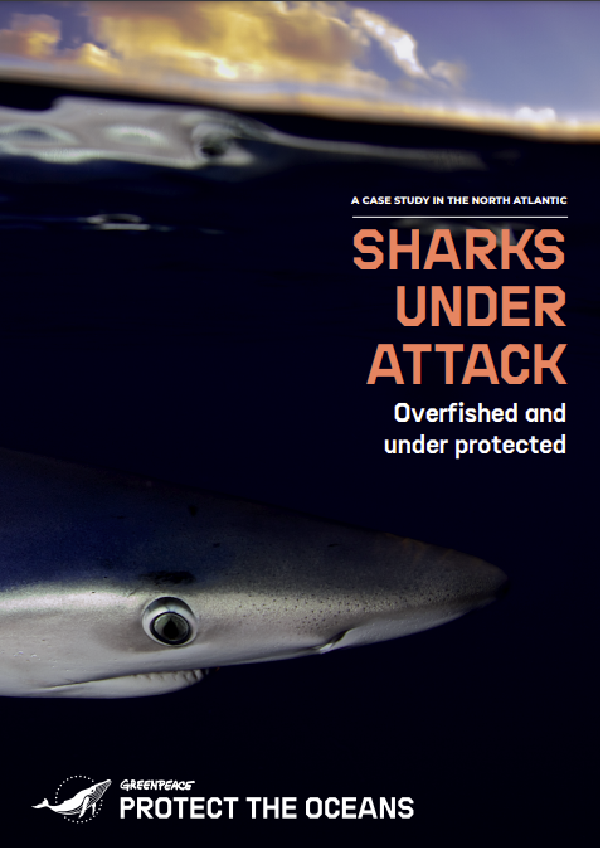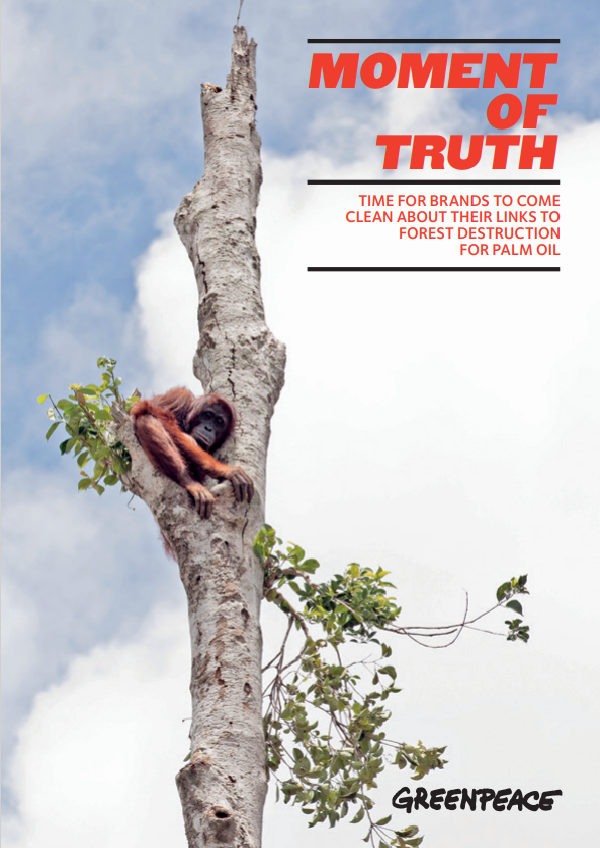We are living with a broken food system. It needs to be replaced urgently for the benefit of all people, and the planet. Greenpeace’s Food and Farming Vision describes what Ecological Farming means, and how it can be summarised in seven overarching, interdependent principles – based on a growing body of scientific evidence.
Ecological Farming combines modern science and innovation with respect for nature and biodiversity. It ensures healthy farming and healthy food. It protects the soil, the water, and the climate. It does not contaminate the environment with chemical inputs or use genetically engineered crops. And it places people and farmers – consumers and producers, rather than the corporations who control our food now – at its very heart.
It is a vision of sustainability, equity, and food sovereignty in which safe and healthy food is grown to meet fundamental human needs, and where control over food and farming rests with local communities, rather than transnational corporations.
It needs no more than a few figures to see something is not right – almost one billion people go to sleep hungry every night. At the same time, the world produces more than enough food to feed all seven billion of us. Around one billion people are overweight or obese. A staggering 30% of the world’s food is wasted.
Our problem today is not one of producing more food, but producing food where it is most needed and in a way that respects nature. The current industrial agriculture system fails to deliver this.
Meanwhile, the planet is suffering considerably. We are over-exploiting resources and reducing soil fertility, biodiversity, and water quality. Toxic substances are accumulating in our surroundings. Levels of waste are growing. And all this is occurring in the context of climate change and increased pressure on the Earth’s diminishing resources.
Our current agriculture system depends on the use of vast amounts of chemicals, as well as fossil fuels. It is controlled by a few large corporations, which congregate in a few parts of the world, mainly in rich, industrialized countries. It relies heavily on a few key crops, undermining the basis for the sustainable food and ecological systems upon which human life depends.
This agriculture system pollutes and harms the water, the soil, and the air. It contributes massively to climate change and harms biodiversity and the well-being of farmers and consumers. It is part of our wider – failing – food system, which is driving:
• increased levels of corporate control in some regions of the world, resulting in decreased power of farmers and consumers to exercise choice about how and where food is grown, and what is eaten,
• high levels of waste in food chains (ranging from 20-30%), mainly post-harvest losses in developing countries and retail/post-consumer waste in the developed world (FAO, 2011a),
• large areas of land and crops devoted to feeding animals (approx. 30% of all land and 75% of agricultural land), and to biofuels (approx. 5% of all crop’s energy, (Searchinger & Heimlich 2015)),
• a global food system based on monocultures of a few cash crops, promoting unsustainable and unhealthy diets, often deficient in nutrients and causing problems of both undernourishment and obesity,
• contribution to major impacts on ecosystems, including:
– dangerous climate change (about 25% of GHG emissions including land-use changes (IPCC 2014)) and air pollution,
– agriculture has now become a major contributor to water scarcity and water contamination in many regions of the world; agriculture uses 70% of freshwater resources,
– soil degradation, including widespread soil acidification due to overuse of chemical fertilizers or losses in soil organic matter,
– losses of biodiversity and agro diversity at all levels, from the genetic diversity of crops at the farm level to losses in species richness at the landscape level.
In addition to addressing social equity issues,3 such as the lack of equal access to resources for farmers – particularly women farmers, reducing systemic food waste, and switching to more healthy diets, we also need to shift from the current failing food production system to one that is compatible with Ecological Farming.
Greenpeace’s Food and Farming Vision explains why Ecological Farming is the solution for a sustainable future and why we need to act now to hasten much-needed systemic change.
Source: Greenpeace (http://www.greenpeace.org)
